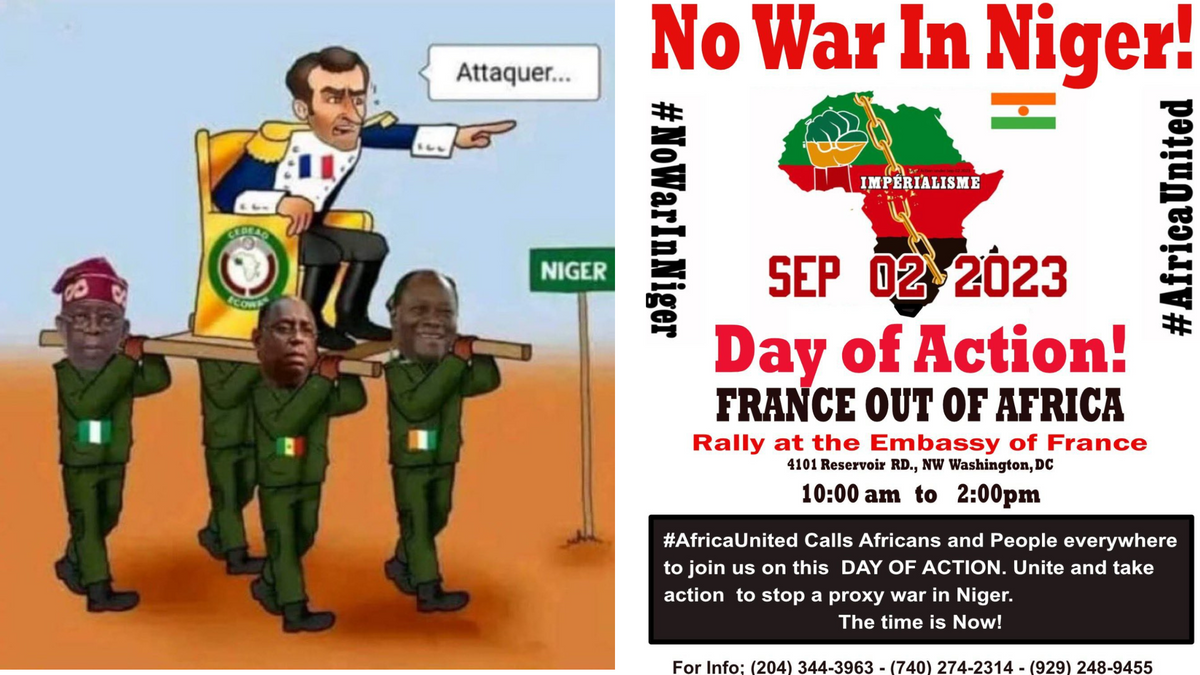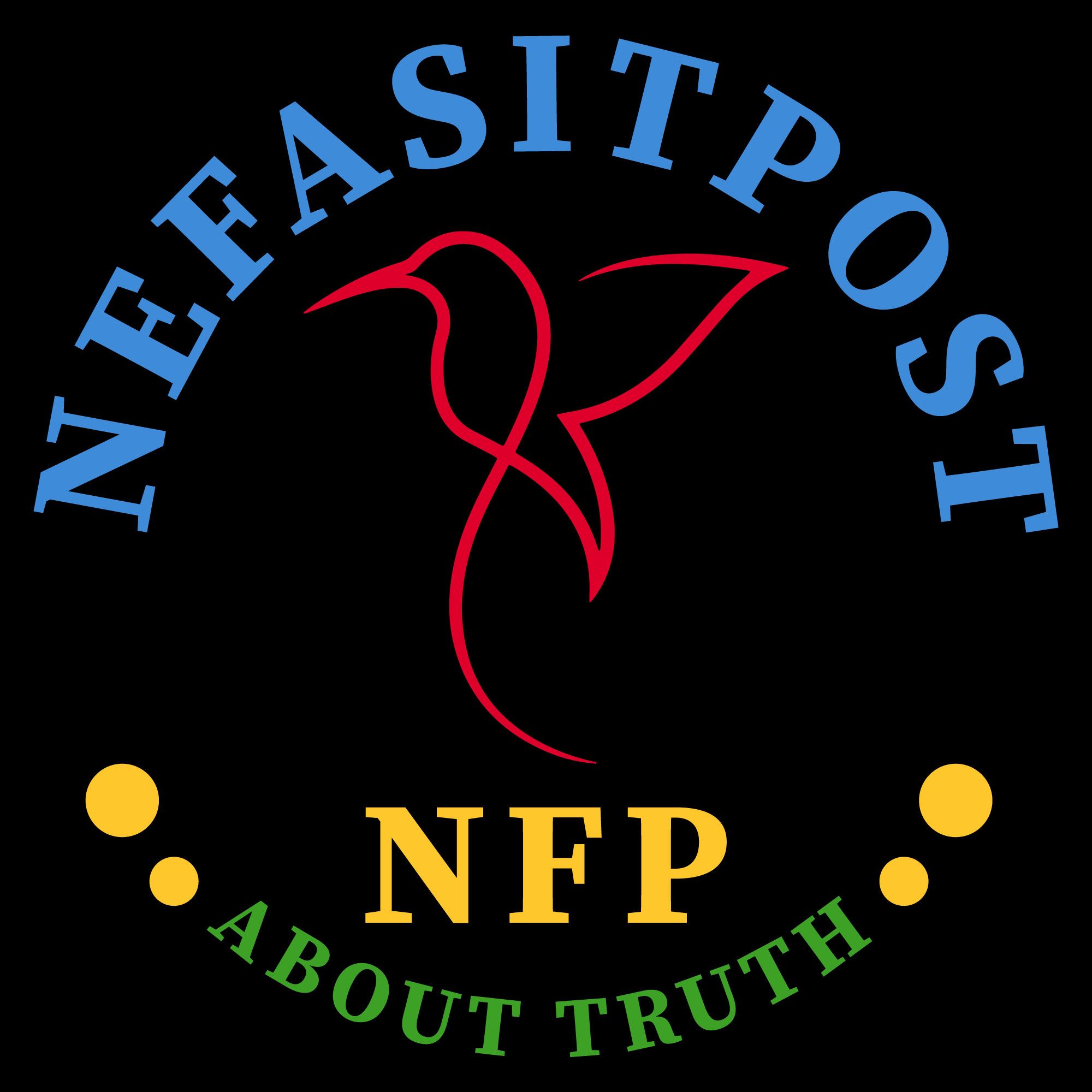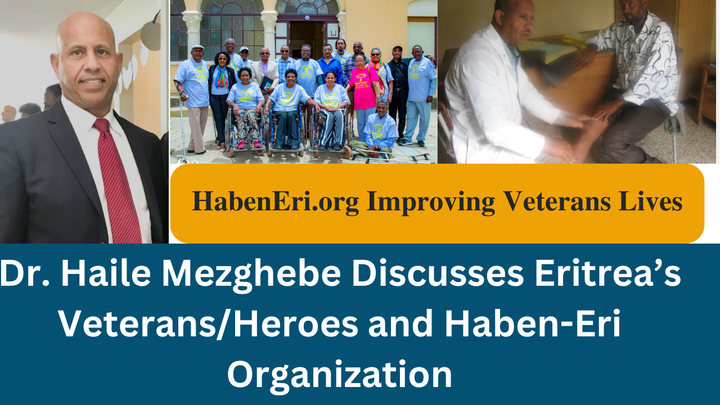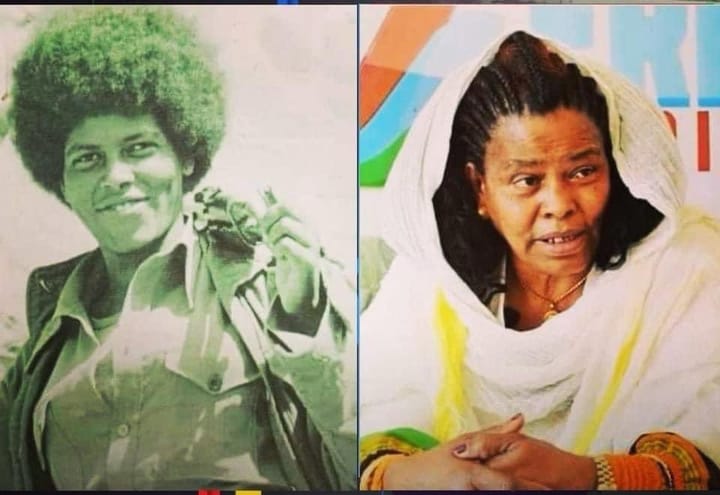Uniting Against Exploitation: Africa's Resolute Stand for Justice
Centuries of exploitation by the West scarred Africa. From slavery to resource theft, the wounds run deep. Join us against this injustice at the NoWarInNiger Rally on Sept 2nd, 2023. Let's stand united for justice. #NoMore #AfricanUnity

Amanuel Biedemariam
Editors: Karanja Gacuca and Hermela Aregawi
Answer Coalition and Africans United
In the annals of history, the relationship between the West and Africa has been marred by colonization, exploitation, and the unjust plundering of its natural resources, including its people. The West perpetuated 400 years of slavery as part of the Atlantic slave trade, more than 100 years of direct colonization on the African continent, and the current system of indirect colonization through destructive interventions, unchecked violations, and the looting of valuable resources — that would otherwise be used for much-needed economic development on the continent.
The continued exploitation of Africa's vast wealth, from its minerals to its lands, only perpetuates this legacy of harm. It is a stark reminder that colonial exploitation did not end. It merely morphed into new economic and resource-driven control forms.
Africa has 40% of the world’s gold and 90% of its chromium and platinum. The Democratic Republic of Congo produces an estimated 70% of the world’s cobalt. And yet, Africans are not the beneficiaries of these resources. Instead, they are suffering due to extreme poverty and underdevelopment. Africa is the most exploited place globally, and the primary exploiters have always been the same.
The historical colonization of Africa by the West stands as a haunting reminder of the deep wounds inflicted upon its people. The very essence of nations was subjugated under the oppressive weight of foreign powers, resulting in a devastating trail of suffering, displacement, and shattered dreams. Africa’s underdevelopment is a direct consequence of colonization.
Generations bore the brunt of this unjust dominance, as cultures were suppressed, identities were fractured, and communities were torn apart. Families were uprooted from their ancestral lands, their livelihoods disrupted, and their heritage desecrated. The pain of this dark chapter echoes through time, a testament to the resilience of the African spirit and a rallying cry for a future of equity, healing, and empowerment.
Today, as the echoes of the past continue to resonate, it is imperative that we collectively acknowledge the damage done and seek to rectify the wrongs of yesteryears by reclaiming the rights of Africans to have sovereignty and control of their land and resources.
This revolutionary reclamation has begun. Across the vast expanse of the African continent, voices are rising, echoing a resounding "no more." From Niger to Mali, Burkina Faso to Chad, and the Central African Republic to Somalia, the people of Africa are reclaiming their agency, demanding an end to the perpetual cycle of exploitation and instability.
In the United States and beyond, solidarity is growing. The NoWarInNiger Rally at the French Embassy in Washington, DC, is a powerful testament to the unity of purpose among Africans, the African diaspora, and their global supporters. It symbolizes defiance against colonialism and the theft of human or natural resources.
The road ahead is long, and the challenges are daunting, but the spirit of resistance burns brightly. It is a call to action for Africa and the West – to acknowledge the past, rectify the present, and forge a future based on equity, cooperation, and mutual respect. The time has come to break the chains of exploitation, to create a world where the lessons of history are heeded, and justice prevails.
The people of Africa find themselves caught in a cycle of relentless attack, their lands targeted for plunder and their resources seized for the gains of others. This ongoing assault manifests as more than just economic exploitation; it violates sovereignty and human dignity. The pattern of manipulation, political interference, and destabilization employed to maintain control over African nations is evident, revealing an intent to divide, destroy, and conquer like Libya.
Amidst this backdrop, African nations have faced the daunting task of combating internal strife by external forces. Instability serves as a tool for control, a tactic that feeds into the perpetual cycle of exploitation. The narrative of a weakened Africa is constructed intentionally, overshadowing the resilience, culture, and potential of a continent that has consistently risen against adversity.
It is disheartening to witness how rogue leaders, manipulated by external powers, have facilitated the exploitation of resources for personal gain, leading to further suffering for their own people. The West's role in propping up such leaders, valuing their cooperation over the well-being of African citizens, stands as a stark reminder of the power dynamics at play.
West’s Failure to Acknowledge: With their complex entanglement in African history, the French are unwilling to heed the lessons of the past. Amidst this intricate tapestry, a stark reality emerges: the French, alongside Washington and other Western nations, often exhibit unwillingness to confront the genocides they have perpetrated and the human suffering they have caused.
The shadows of French colonization cast a heavy cloak over the landscapes of West and Central Africa. Countries once ravaged by colonial dominion found themselves tethered to a currency called the CFA franc, which held them captive in a web of economic control.
Senegal, once shackled, gained independence in 1960 yet clung to the CFA franc like a shackle that refused to break. Côte d'Ivoire, Mali, Burkina Faso, Niger, Benin, and Togo, like obedient subjects, carried this currency, a testament to their past subjugation. Across the tapestry of Central Africa, Cameroon, Central African Republic, Chad, Congo-Brazzaville, Gabon, and Equatorial Guinea bore the exact weight of the CFA franc, a stark reminder of a colonial legacy that continued to haunt.
But amidst this façade of familiarity, there simmered discontent and resistance. The CFA franc, a relic of a colonial past, echoed with cries of economic manipulation and exploitation. Its shackles on economic autonomy spoke of a continuing struggle for true sovereignty. Thus, these nations struggled between the haunting echoes of their colonial past and the burning desire for genuine self-determination.
The failure to openly acknowledge and rectify these historical wrongs casts a shadow on their claims to progress and enlightenment. The refusal to learn from history's grim chapters further deepens the wounds inflicted upon countless lives and undermines the potential for genuine reconciliation and healing. It is essential that these nations reckon with their past actions, demonstrating a sincere commitment to understanding, correcting, and ensuring that such tragic atrocities never recur.
The cycle of exploitation and interference, evident in their continued grip on African economies, is a testament to their unwillingness to relinquish control. The African spirit, however, refuses to bow down to the whims of external powers.
Unifying the Voices: This rally serves as a harmonious convergence, uniting the voices of Africans, the African Diaspora, and global supporters. It is an eloquent testament to unity forged in the face of historical injustices that have lingered for too long. As the rallying cries of Africa ring out, they are joined by the echoes of solidarity worldwide.
End the Grip of Colonial Chains: It's time to quell colonial practices etched in history. This movement asserts African nations' right to self-determination and sovereignty. The legacy of dominance must yield to an era of autonomy, unity, and reverence for Africa's independence.
Demanding Ownership: Theft of Africa's human and natural treasures fuels inequity and suffering. The call for resource justice demands the return of the treasures of Africa to its rightful owners. This rally is an embodiment of the spirit of Africa's unwavering resilience. It is a proclamation that the continent's people, history, and future will be defined not by the shadows of exploitation but by the resplendence of unity, the triumph of sovereignty, and the triumph over injustice.
How You Can Participate: Attend the Rally: Join us at the French Embassy in Washington DC to stand in solidarity with Africans and supporters saying #NoMore to colonialism and exploitation. Spread the Word: Share this event with your friends and family on social media. Let your voice be heard and encourage others to join the movement. Engage on Social Media: Use the hashtag #NoMore to amplify the message. Share your thoughts, stories, and reasons for standing against colonialism.
Join NoWarInNiger Rally: Uniting Voices Against Colonialism: Join us for a historic rally at the French Embassy in Washington DC on Saturday, September 2nd, 2023, as Africans, the African Diaspora, and supporters unite to say
#NoMore to colonialism and the unjust theft of human and natural resources.
Address 4101 Reservoir Rd NW, Washington, DC 20007
Together, We Can Make a Difference
Answer Coalition and Africans United




Comments ()